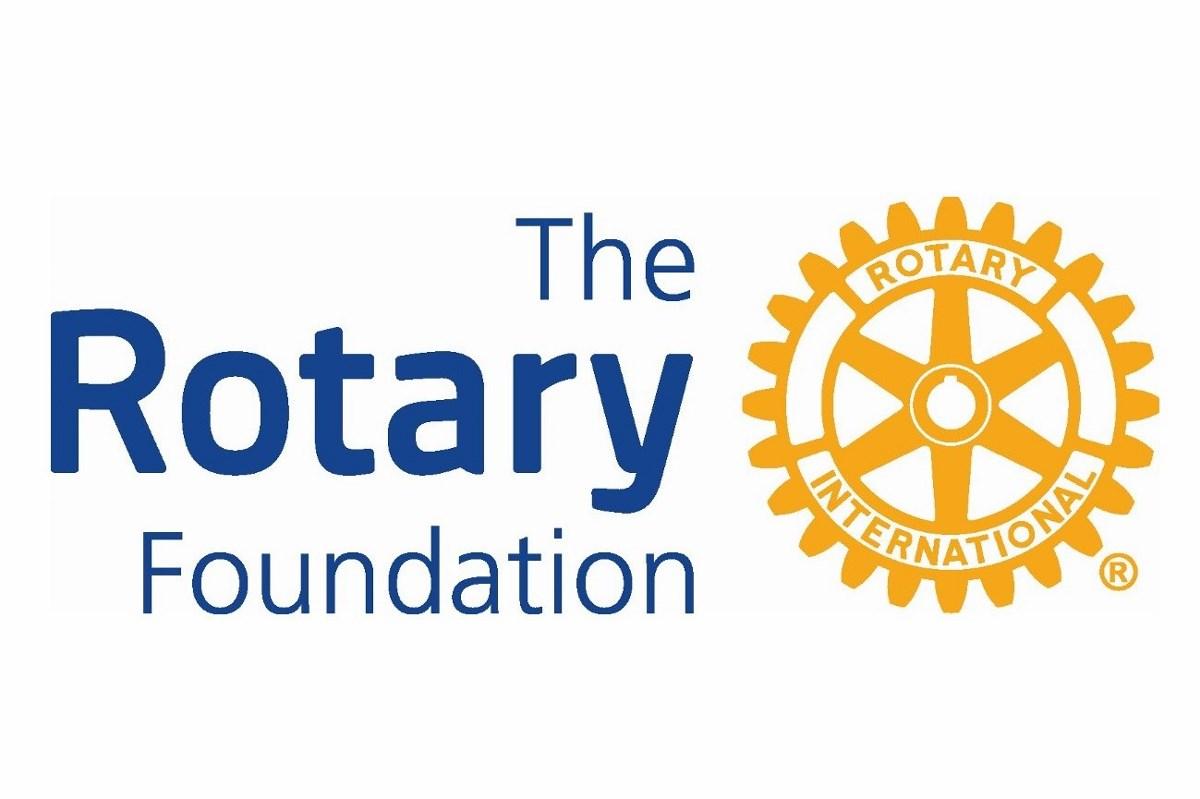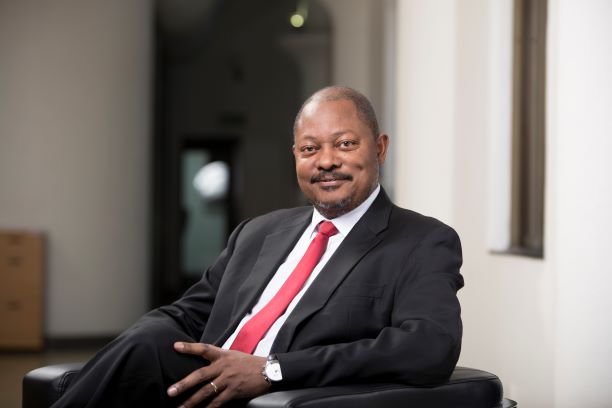I am honoured to join you this morning to celebrate the excellent performance of the students of the M-Pesa Foundation Academy. Today’s prize-giving ceremony exemplifies an important leadership practice, that of recognising outstanding performance and celebrating success as a means of motivating continuous improvement.
Les asked me to say a few words on the subject of leadership. I am a passionate student and advocate of leadership. Having practiced leadership successfully over three decades now, I spend more time today encouraging, through training and executive coaching, leaders to be intentional about continuously developing their skills.
Leadership is about doing, it is about executing, it is about action. A lot has been written and said about leadership but we still struggle to find many great leaders in society. It is like looking for a needle in a haystack! This is because leadership is difficult.
Leadership is a lifelong journey of learning and growth, and those who embrace new ideas and approaches become better leaders for their respective organisations. What the M-Pesa Foundation Academy is doing in inculcating leadership skills in the young minds of students is, therefore, critical in building sustainable institutions in both public and private sectors for the future.
To be good leaders requires us to demonstrate essential characteristics in personal and professional behaviours, in interacting with our followers and other stakeholders in general and in leading the line of accountability and responsibility. We must demonstrate discipline all round and a knack for creating a positive environment for others to work in and thrive. The following are some of the characteristics generally noted in great leaders:
Visionary: Great leaders are visionaries, who are able to paint a picture of the future and chart a path that enables them to deliver on the future aspirations of their organisations.
Strategist: Leaders develop long-term plans for the future of the organisation and spearhead the implementation of those plans.
Change champion: One of the most constant happenings in the life of any organisation or individual today is change. We live in a world that is volatile, that is uncertain, that is complex and is ambiguous. Leaders must be at the forefront as change champions, anticipating, initiating and promoting changes in the organisation.
Decision maker: Leaders are relied upon by their teams to make decisions in a timely manner.
Self-awareness: Effective leadership demands that leaders conduct individual self-assessment to understand their points of strength, their limitations and how to get the best from themselves and their teams.
Expertise: As a leader in business or industry, it is very important that one has a good level of knowledge and skills in the key areas of the business.
Integrity: Leaders must exhibit forthrightness and a high level of integrity. Being truthful, morally sound and demonstrating the desire to do the right thing at all times.
Inspiration: Leaders must inspire and motivate others. It is the leader’s duty to harness team spirit and energise their teams through positive feedback, encouragement and incentives.
Role model: A leader must be a good example to those he/she leads through his/her actions and words.
Great Communicator: Communication is a central part of good leadership. Through excellent communication, leaders share important information with their teams and other stakeholders, give essential feedback on workplace issues and drive engagement and performance.
Approachable and Supportive: Good leaders must be approachable and accessible to their colleagues. As a leader, your team needs to regularly consult you and obtain guidance in the course of executing their duties.
Seeks excellence: An effective leader seeks and promotes excellence within the organisation. Mediocrity and poor performance have no place in the world of a great leader. He/she sets high standards of performance and behaviour and rewards good performance while ensuring consequence management for poor performance. He/she creates opportunities for the growth and development of members of the team and creates a coalition of high performers.
Celebrates success: Finally, a great leader makes time to celebrate victory with the team. Be it a successfully completed project, excellent performance results or winning a big client, it is important to celebrate and recognise the team’s efforts.
In closing, I would like to congratulate the Academy’s exemplary performers. I want to encourage all students of the Academy to visualise a future where you will be counted among the great leaders of your time, and to work hard towards this future. Excellence requires you to be consistent and committed at all times. Your future depends on the great efforts you put in your education and other opportunities for learning today. Do not squander the opportunity.
Thank you.







-..jpg)



